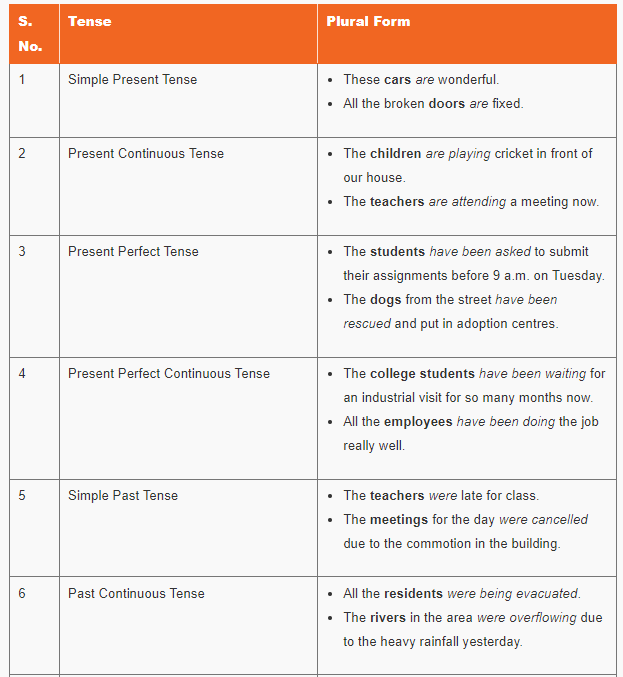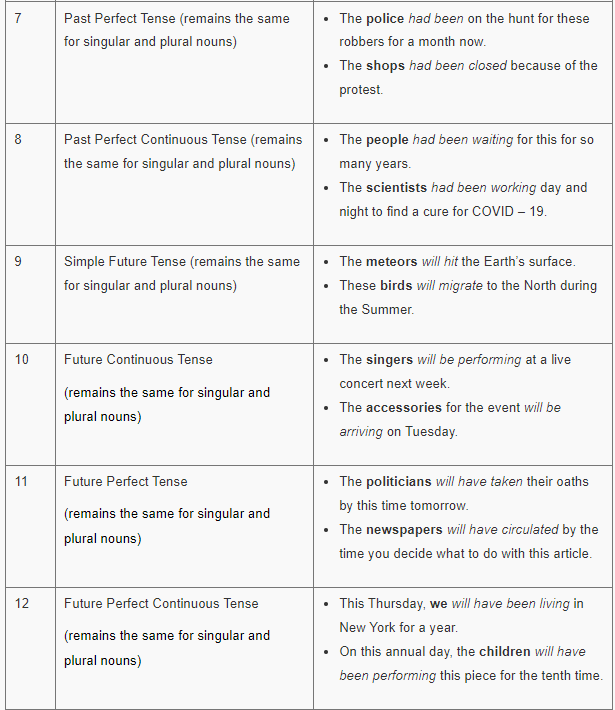Table of Contents
Plural Nouns
Here we discussed Plural Nouns. Most singular nouns are made plural by just putting an – s toward the end. There are various principles in regard to pluralization relying upon what letter a noun closes in. Irregular nouns don’t observe plural thing guidelines, so they should be retained or looked into in the word reference.
| Title | लिंक | लिंक |
| आदिवासी विकास विभाग भरती रिव्हिजन प्लॅन | अँप लिंक | वेब लिंक |
Plural Nouns Definition
The word plural is characterized as ‘connecting with or comprising a class of syntactic structures typically used to signify mutiple or in certain dialects more than two’ and ‘connecting with, comprising of, or containing mutiple or more than one kind or class’, as per the Merriam-Webster dictionary. So a noun that comprises or connects with beyond what one individual, spot or thing can be characterized as a plural noun.
Plural Nouns Rules for Making Sentences
There are numerous plural noun rules, and on the grounds that we use nouns so regularly while composing, knowing every one of them is significant! The right spelling of plurals as a rule relies upon what letter the singular noun closes in.
1.To make regular nouns plural, add ‑s to the end.
cat – cats
house – houses
2. If the singular noun ends in ‑s, -ss, -sh, -ch, -x, or -z, add ‑es to the end to make it plural.
truss – trusses
bus – buses
marsh – marshes
lunch – lunches
tax – taxes
blitz – blitzes
3.In some cases, singular nouns ending in -s or -z, require that you double the -s or -z prior to adding the -es for pluralization.
fez – fezzes
gas –gasses (note that gases is also an acceptable, and more commonly used, spelling of this plural noun)
4. If the noun ends with ‑f or ‑fe, the f is often changed to ‑ve before adding the -s to form the plural version.
wife – wives
wolf – wolves
Proper Nouns
Exceptions:
roof – roofs
belief – beliefs
chef – chefs
chief – chiefs
5.If a singular noun ends in ‑y and the letter before the -y is a consonant, change the ending to ‑ies to make the noun plural.
city – cities
puppy – puppies
6.If the singular noun ends in -y and the letter before the -y is a vowel, simply add an -s to make it plural.
ray – rays
boy – boys
7.If the singular noun ends in ‑o, add ‑es to make it plural.
potato – potatoes
tomato – tomatoes
Exceptions:
photo – photos
piano – pianos
halo – halos
With the unique word volcano, you can apply the standard pluralization for words that end in -o or not. It’s your choice! Both of the following are correct:
volcanoes
Volcanos
8.If the singular noun ends in ‑us, the plural ending is frequently ‑i.
cactus – cacti
focus – foci
9.If the singular noun ends in ‑is, the plural ending is ‑es.
analysis – analyses
ellipsis – ellipses
10.If the singular noun ends in ‑on, the plural ending is ‑a.
phenomenon – phenomena
criterion – criteria
11.Some nouns don’t change at all when they’re pluralized.
sheep – sheep
series – series
species – species
deer –deer
You need to see these nouns in context to identify them as singular or plural. Consider the following sentence:
Example: Mark caught one fish, but I caught three fish.
However, when it comes to fish, things can get a little complicated.
Plural Noun And Tense Forms


महाराष्ट्रातील सर्व स्पर्धा परीक्षांसाठी ऑनलाईन क्लास, व्हिडिओ कोर्स, टेस्ट सिरीज, पुस्तके आणि इतर अभ्यास साहित्य खाली दिलेल्या लिंक वर क्लिक करून मिळावा.








